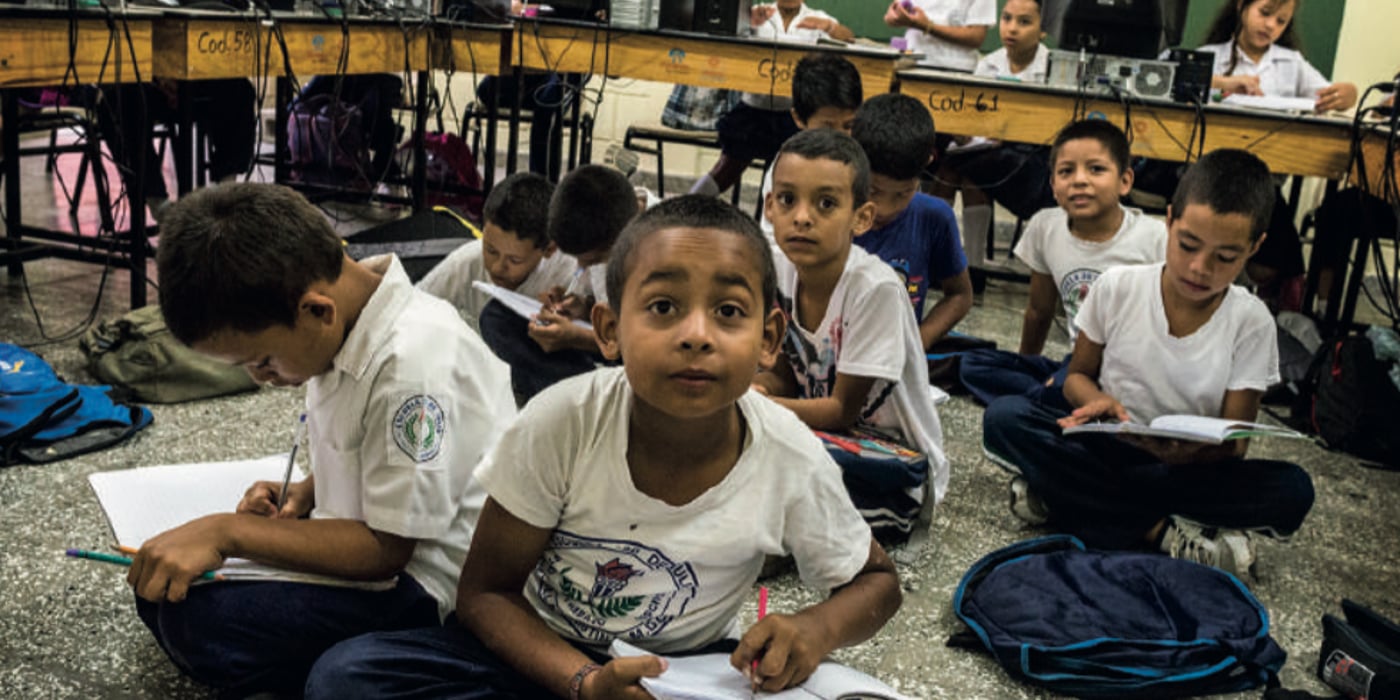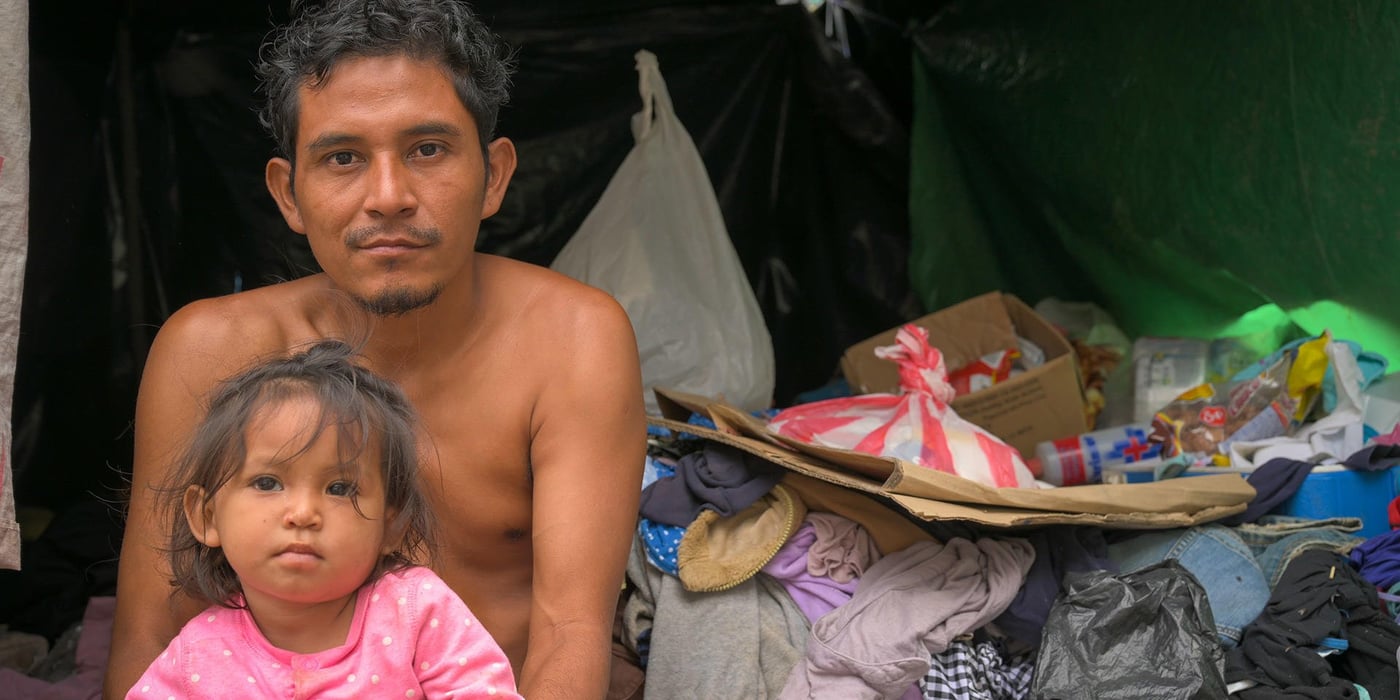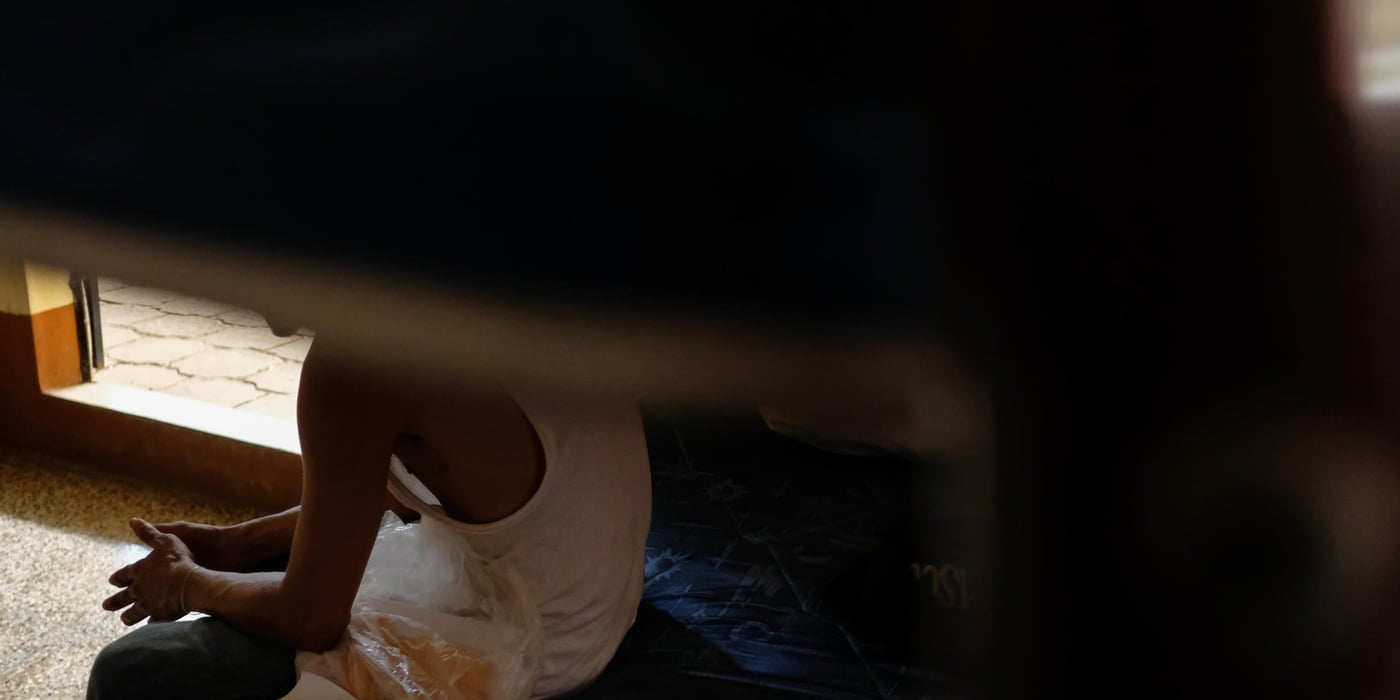
“Criminal violence is wreaking havoc on the lives of countless children in El Salvador and Honduras. Bright futures are being stolen every time that children are too afraid to attend school, and are forced to drop out. The future of an entire generation of boys and girls is at risk,” warned Christian Visnes, country director of the Norwegian Refugee Council in Colombia.
Two new reports called “A Generation Out Of School” found that children living in areas with violence in El Salvador and Honduras experience pressure, intimidation, sexual harassment and traumatic abuse by criminal groups. Their daily walk to school is dangerous and involves passing through gang territory or staying limited to one side of the community to not stray into rival gang territory.
Violent criminal groups are also present in classrooms and playgrounds. Gang members have succeeded in infiltrating the schools themselves and routinely promote the sale of drugs to minors, extort teachers and students, and carry out recruitment, surveillance and intelligence activities.
“My older kids weren't able to study. I wanted them to graduate, but it wasn't possible. All my children have fled from the violence”, said a parent in Tegucigalpa.
In some areas, families are pressured to pay 'war taxes' to criminal groups. They are then often unable to pay for uniforms and school materials for the children who continue to attend classes despite the many risks. Many families surveyed said that they do not feel safe in their homes. Only one third plan on staying in their homes, the rest plan on leaving their neighbourhoods to find somewhere safer to live in their countries, or are completely unsure about their futures.
“Ending the systemic violence starts in the classroom. We need international support to make schools safe places to learn and grow, so that the next generation of Hondurans and Salvadorans don't turn to criminal gangs,” said Visnes.




